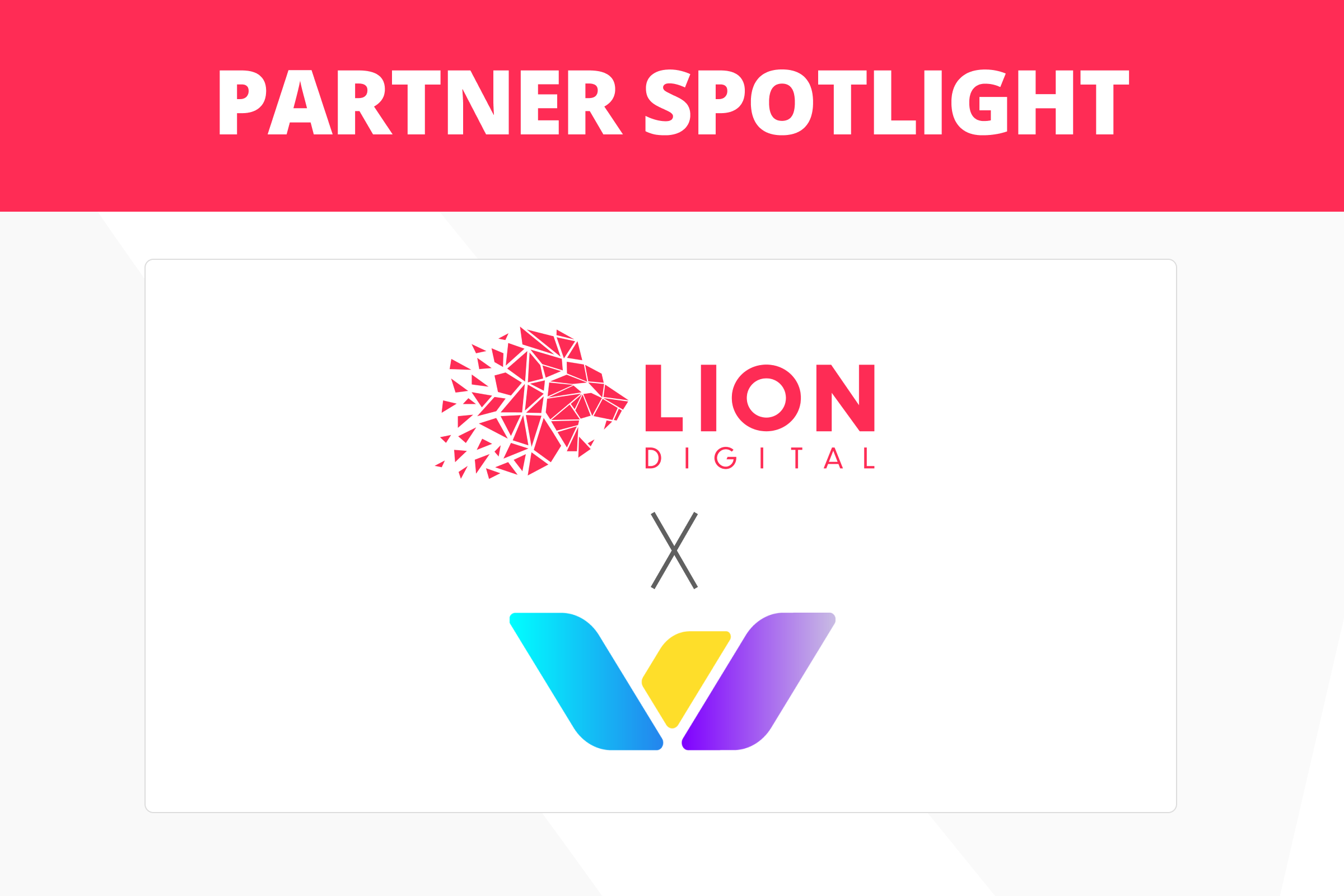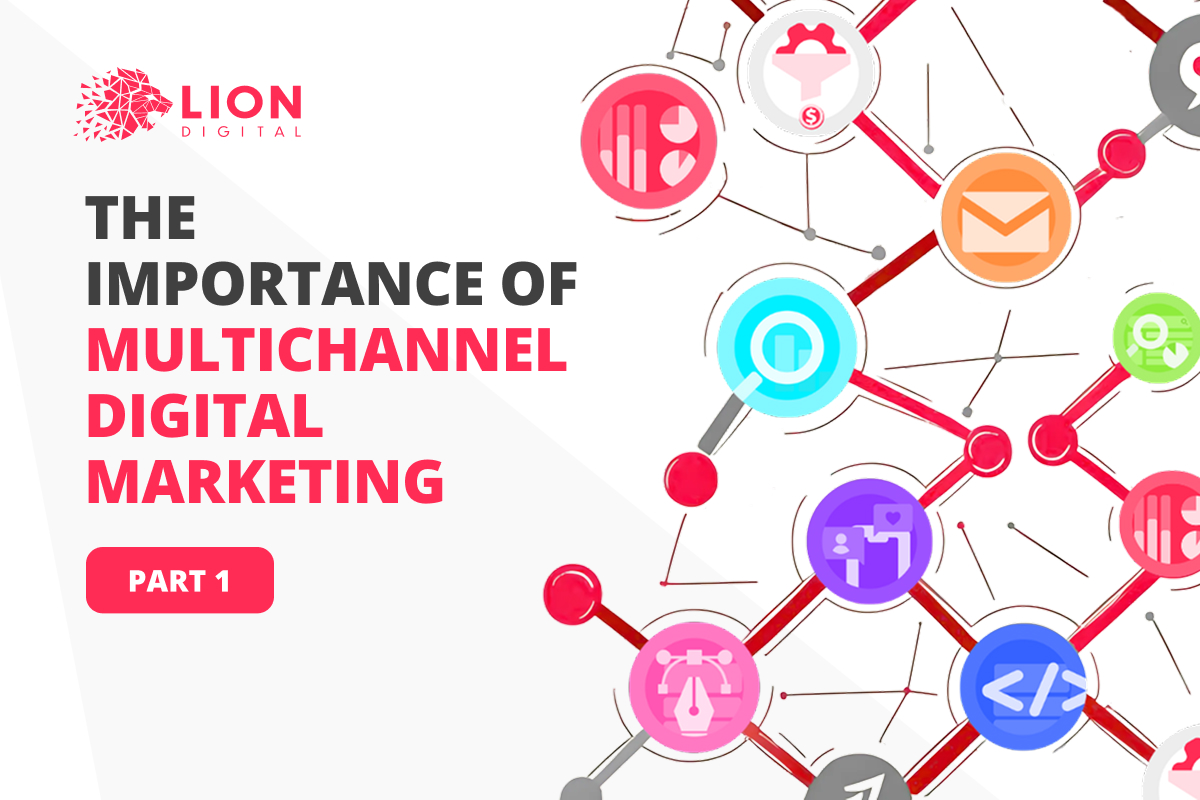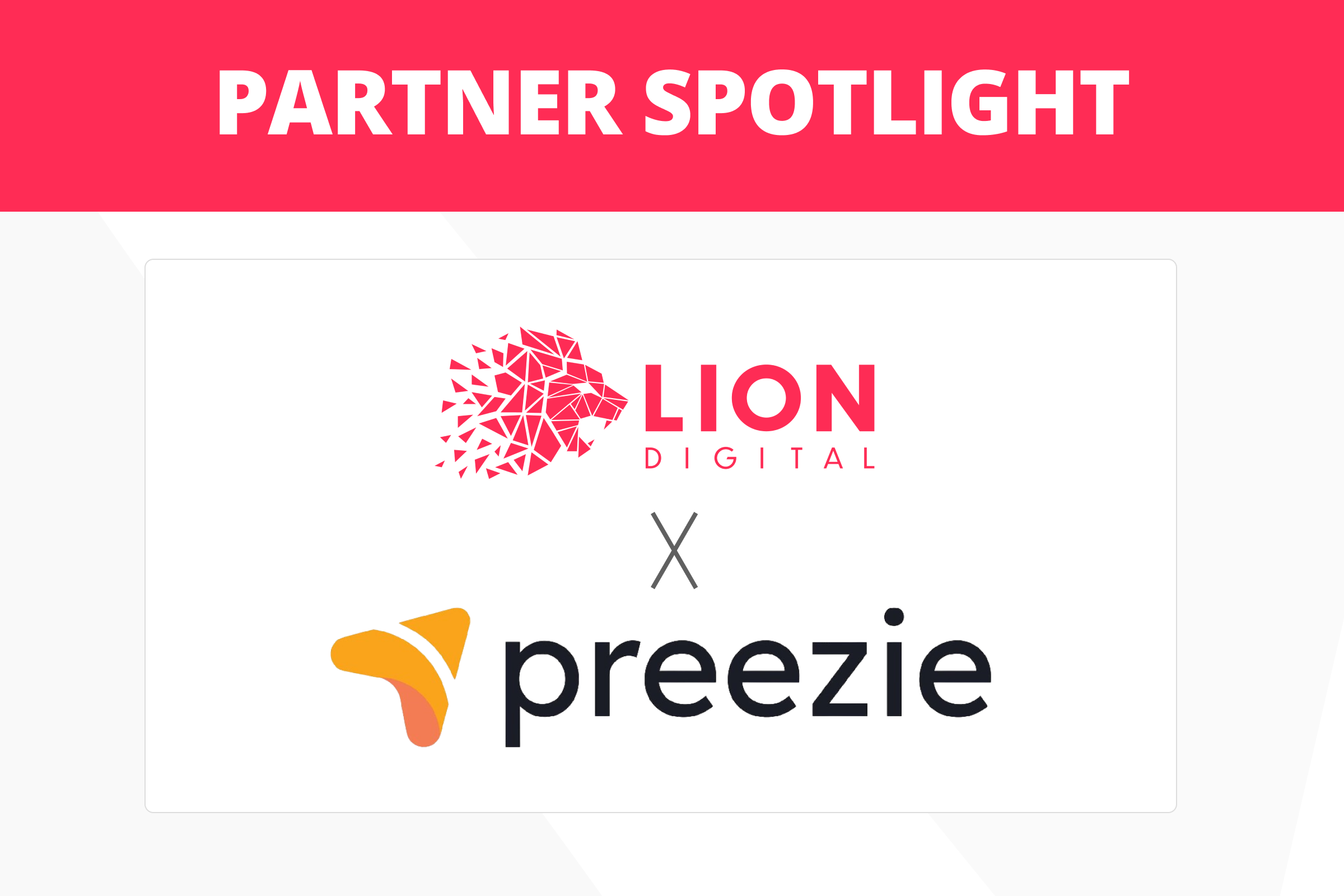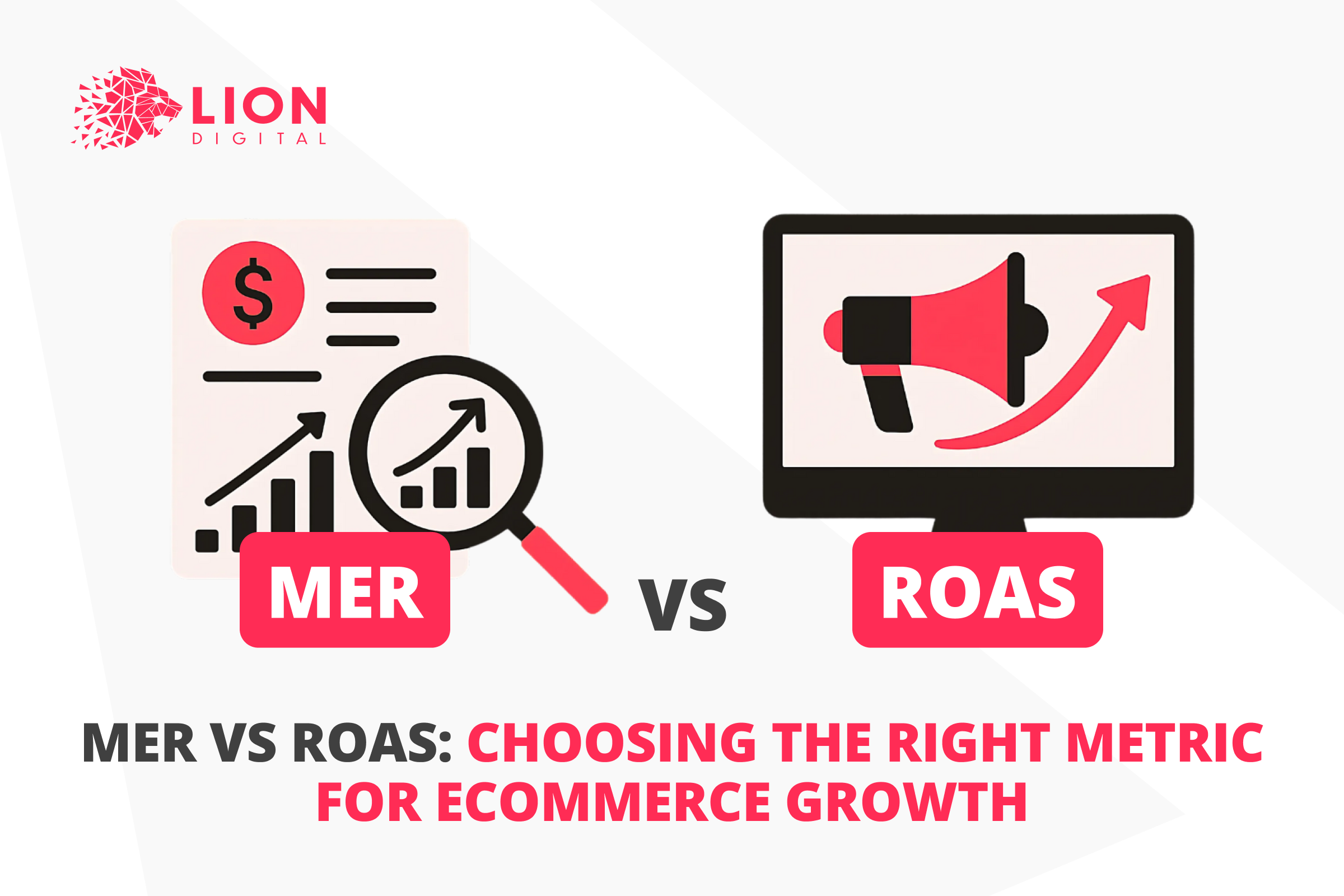
Search remains one of the primary ways to access online information, and the term today means more than ever. Search engines have become irreplaceable tools for navigating the internet when customers want to look for products and services, answer questions, connect with interesting people, and satisfy curiosity.
Early Online Search: A Transition to Modern Methods
Remember the days before the World Wide Web? Gathering information online was clunky and incomplete. Decentralised and manual processes made it challenging to find and scale data retrieval.
In the late 1980s, Gopher, a communication protocol used for document distribution, was developed at the University of Minnesota. By the early 1990s, fledgling search programs with quaint names inspired by comics, Archie, Veronica, and Jughead, allowed users to search for files: Archie for FTP archives, Veronica for Gopher servers, and Jughead for keyword-based searches.
Spurred on by these growing technologies, it was only a matter of time before tech researchers tackled the issue. Gopher’s text-based interface gave way to British computer scientist Tim Berners-Lee’s more user-friendly World Wide Web (WWW), fundamentally changing how people accessed online content.
All of a sudden, users could browse topics and find content. Directories like Yahoo! and DMOZ were essentially curated lists of websites, whereby bookmarks and favourites in browsers could save links for easy access. Manual navigation started to appear, involving hyperlinks between web pages, and users also relied on online community-based word-of-mouth recommendations, forums, and link exchanges to discover new content.
The Expansion of the Internet: Things to Come
While these methods were convenient, they had limitations such as scalability and efficiency. They relied on human factors and lacked a centralised database, making them inefficient for the expanding web, yet they laid the foundation for the future of Google search.
The Dawn of Search Engines: Google’s Eventual Domination
Before Google became a household name, the online search landscape was diverse and experimental. Yahoo! initially led the market but lost ground due to reliance on human-curated directories. Many search engines were developed during the 1990s before the new century gave Google its mega-giant status:
- 1994: Yahoo! transitions from a directory to a fully-fledged search engine, initially conquering the market but later losing ground.
- 1994: WebCrawler launches as the first search engine to index entire web pages, pioneering keyword searches.
- 1994: Lycos gains popularity for its user-friendly interface and innovative features like spidering and relevance ranking.
- 1995: Excite emerges with customisable interfaces and personalised search results, resetting the trajectory for future innovations.
- 1995: AltaVista launches with natural language processing and multimedia search capabilities, but closes in 2013 due to losing competition to Google and its footing in the future of search.
The Google Revolution: Evolution of Algorithmic Search
Google’s emergence revolutionised the internet, making vast knowledge universally accessible. Stanford University graduate students Larry Page and Sergey Brin were the brilliant duo who started Google in 1996.
Google’s early days showed promise in its innovative approach to web page ranking through link analysis, known as PageRank, which revolutionised the digital landscape by introducing search engine algorithms. Unlike traditional keyword-based systems, PageRank assessed a page’s importance based on the quality and quantity of links pointing to it, providing more authoritative search results. These algorithmic systems remain the pinnacle of search-based digital marketing strategies, making them the Midas’ Gold of the eCommerce landscape.
Keeping Users Front of Mind: How Google Gets It
Google’s success stems from its user-centric approach and persistent innovation. Over the years, Google has introduced various algorithm updates, such as personalised search and machine learning with RankBrain and BERT integration, to adapt to ever-changing user behaviours and technological advancements.
As content delivery has transformed, consumers access their information in vastly different ways than a decade ago. Plus, with more widespread acceptance of AI dictating future trends, content-related search will continue its unpredictable path ahead. Despite challenges in social search with Google+, discontinued in 2019, Google remains the boss of search technology, so let’s see what the future of Google search looks like. Can Google maintain its leadership position as the latest developments roll out?
The team at LION Digital has our unified finger on the pulse. As a Google Premier Partner, we are well-positioned to help our clients adjust to the latest Google eccentricities. If you need help navigating eCommerce search rankings to attract more customers that convert, contact our LION Digital team today!
Stay tuned for the next part of this series as we explore the evolution of online search, uncovering insights into future trends. Don’t miss out—sign up for our LION Digital monthly ROAR newsletter to receive the latest updates directly to your inbox!








